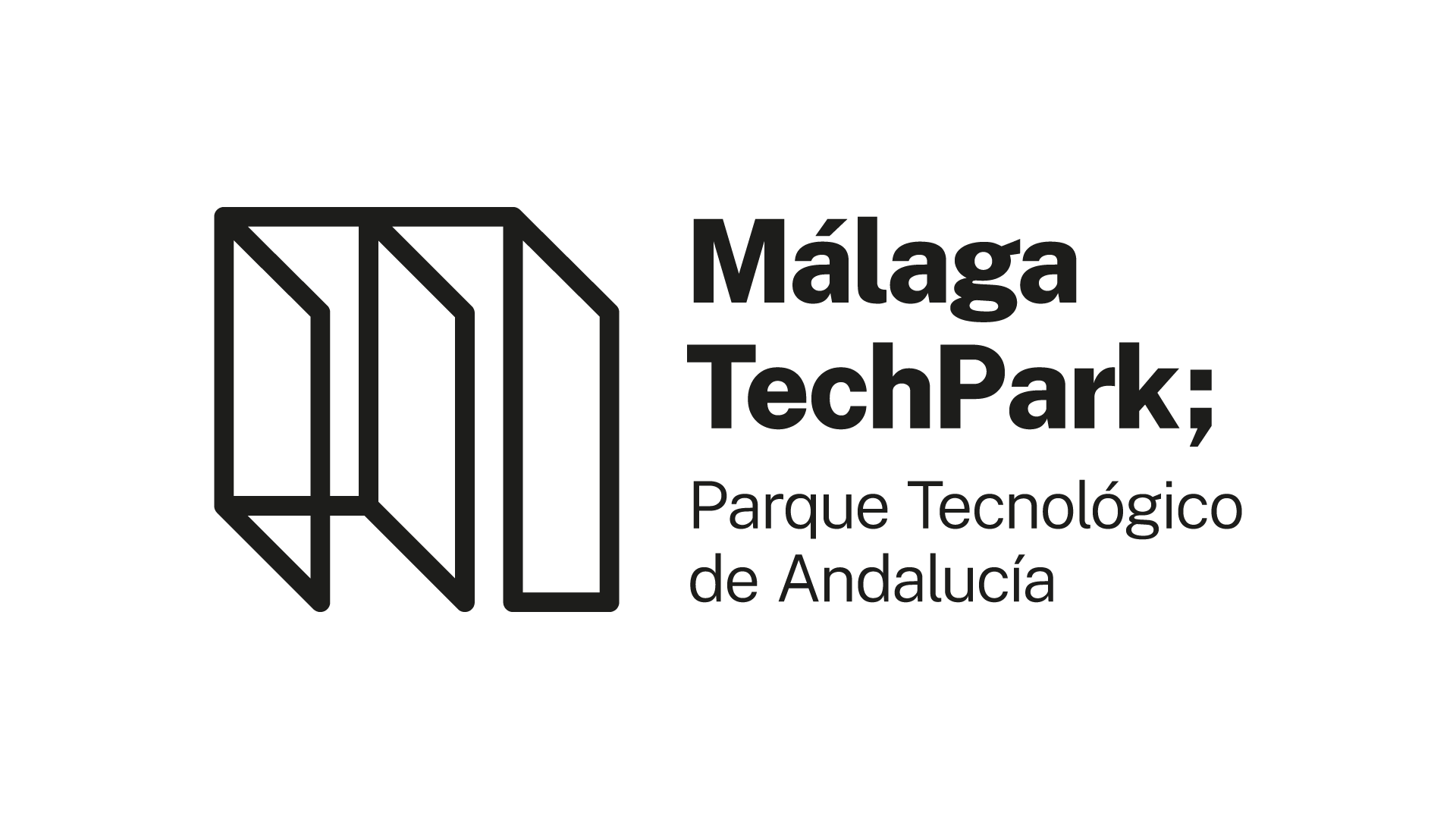-
Carolina España highlights the park’s work as a “reference in innovation” and an “economic engine for Málaga and Andalucía.”
-
In the last five years, Málaga TechPark has received over 300 international delegations primarily composed of universities, governments, and technology parks.
Málaga TechPark’s footprint continues to grow steadily, and the technopolis keeps expanding internationally, year after year. Currently, after more than 30 years of trajectory, the brand of the Technology Park, located in Málaga, is present in 211 cities across 77 countries on five continents.
The president of Málaga TechPark and the Minister of Economy, Finance, and European Funds, Carolina España, has emphasized the “excellent moment the Park is experiencing” and the importance of the technopolis in establishing Andalucía as a “reference in innovation and technological development.” “Our Málaga TechPark is, without a doubt, the flagship of Málaga’s economy and one of the main drivers of the Andalusian economy,” she stated.
Málaga TechPark is currently present in Europe, Asia, North America, Latin America, Africa, and Oceania. Specifically, the activity of the technopolis abroad is distributed across 121 cities in 34 European countries, including Germany, Andorra, Austria, Belgium, Bulgaria, Cyprus, Croatia, Denmark, Scotland, Slovenia, Estonia, Finland, France, Greece, Hungary, England, Ireland, Iceland, Italy, Latvia, Lithuania, Luxembourg, Malta, Moldova, Norway, the Netherlands, Poland, Portugal, the Czech Republic, Romania, Russia, Sweden, Turkey, and Ukraine.
In addition, regarding activity in Asia, Málaga TechPark extends its network to 28 cities in 14 countries, including Saudi Arabia, China, Korea, the Philippines, India, Iran, Israel, Japan, Jordan, Pakistan, Qatar, Singapore, Thailand, and Taiwan. In North and Central America, it is present in 15 cities across 9 countries (Canada, Costa Rica, Cuba, El Salvador, the United States, Honduras, Mexico, Panama, and the Dominican Republic), while in Latin America, it is active in 30 cities across 9 countries. These include Argentina, Brazil, Chile, Colombia, Ecuador, Paraguay, Peru, Uruguay, and Venezuela. Additionally, in Africa, it is present in 16 cities across 10 countries: Algeria, Cape Verde, Egypt, Ghana, Kenya, Morocco, Namibia, Senegal, South Africa, and Tunisia; while in Oceania, it is active in one city in New Zealand.
These relationships have been established through basic pillars of action implemented via the technopolis’s international strategic planning. One of these pillars is the European calls in which the park participates along with other countries on the continent. Currently, the park participates in AccessCoVE, AGRIFOOD4FUTURE, atTRACTION, B-Skills, DIBEST, DiTwin, H2Excellence, MakeMyFuture, RIPEET, and Tourism 4.0.
Other strategic pillars include business and academic meetings, institutional, academic, and business networks, projects supporting the development of technology parks in other countries, networks such as SEGIB, the Ibero-American Network of Technology Parks, or the Peninsular Network of Open Innovation.
Additionally, Málaga TechPark is an active member of several European networks, such as the European Regions Research and Innovation Network (ERRIN), a well-known platform based in Brussels that brings together around 120 regional organizations from over 20 European countries; the EuroQuity platform of the French national investment bank Bpifrance, aimed at promoting synergies between investors, companies, and key players; or the European Clean Hydrogen Alliance.
Five years of decisive momentum for the technopolis
Over these years, with a significant boost since the end of 2019, the park has managed to establish itself worldwide through direct contacts, aimed at increasing its international presence abroad and supporting universities, parks, and companies seeking to internationalize. Thus, in the last five years, Málaga TechPark has received over 300 international delegations, mainly composed of representatives from universities, governments, and technology parks.
Similarly, in recent years, the technopolis has been working in collaboration with Andalucía TRADE, the Business Agency for Economic Transformation and Development, which the minister described as “a driving force for the transformation and economic development of our region” and a key project of the Andalusian Government, aimed at transforming and developing the full economic potential of Andalucía through its companies, based on a direct, agile, and effective relationship between them and the Andalusian public administration. In this regard, Málaga TechPark and Andalucía TRADE have already worked hand in hand in the development and organization of business missions of Andalusian companies to Germany and Portugal.
For Carolina España, these milestones “underline the importance of Málaga TechPark as a key player in Andalucía’s entrepreneurial activity. It is a true wealth generator and an authentic innovation hub that has crossed borders to become a national and international reference.”
In 2023, the technopolis surpassed 3.46 billion euros in revenue, nearly 25% more than in 2022, and now employs more than 25,000 workers across its 687 installed companies.

